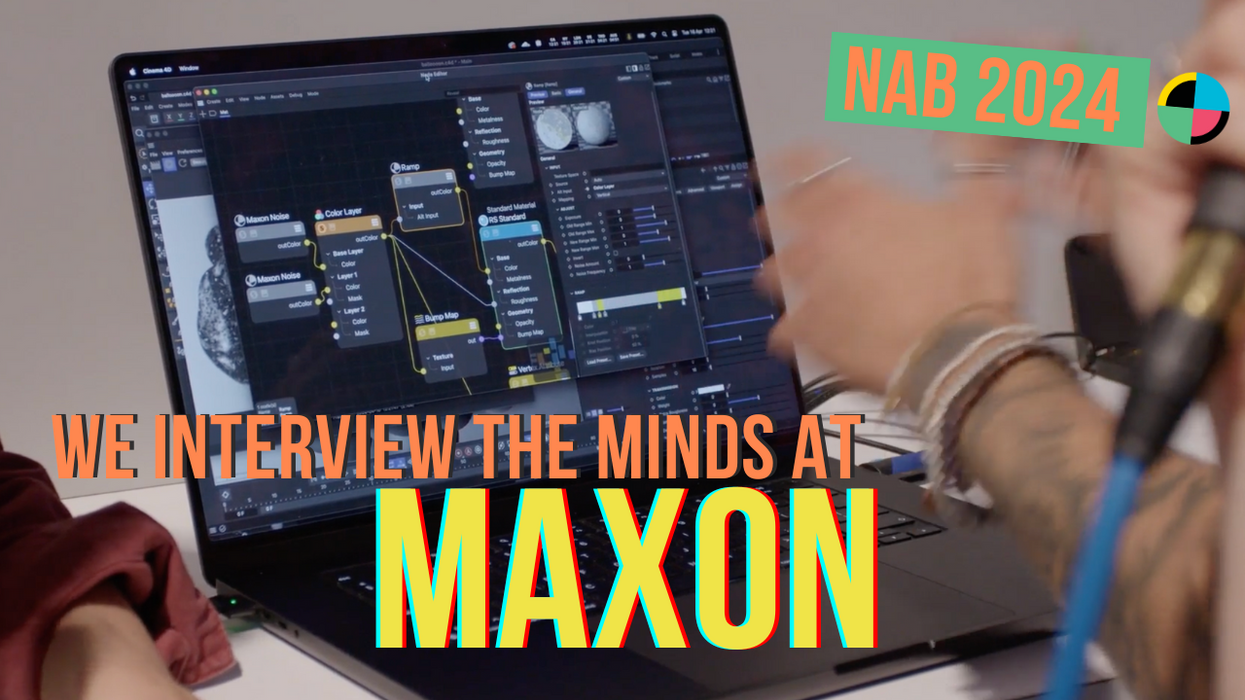Why Packaging Your Film Means Writing for Your Audience (and Why the First 10 Pages Matter So Much)

Here's a short highlights video from the WGAw panel, "Check Out My Package: Making Your Film Project Irresistible":
What I find remarkable about this video is how little the highlights really focus on the intricacies of packaging a film project, but instead come back to the fundamentals of good storytelling via the screenplay format. Inevitably, the panelists turn to the importance of the first ten pages of a screenplay, and how writers need to understand that producers and actors have stacks of scripts to consider. If the first ten pages (or five pages or even three pages) don't work, producers and talent move on to the next one, and packaging your script becomes much more difficult.
Screenwriter Billy Ray (The Hunger Games, State of Play) breaks down the importance of the first ten pages even further:
I think writers feel like, because the pressure is on them in the first ten pages that they have to barf out the entire story in the first ten pages. That’s not the purpose of them at all. The purpose of Page One is just to hook someone enough to read Page Two…. When you’re reading a script…you’re looking for a voice, you’re looking for someone who is painting a picture, a world, something about a character that just feels authentic. There’s some real, idiosyncratic human behavior that you can grasp on to that makes you feel like the writer has a voice. That’s all they are looking for in the first couple of pages.
What Ray and the other panelists are really saying is we as screenwriters need to write a compelling story for our audience, page by page (what we strive to do every day), if we want to attract talent to our projects. No tricks. No games. Just fundamentals.
Have you had experience packaging one of your screenplays? Share with us in the Comments.
Also, if you have an hour and forty minutes to kill, you can check out the complete WGAw panel discussion here:












